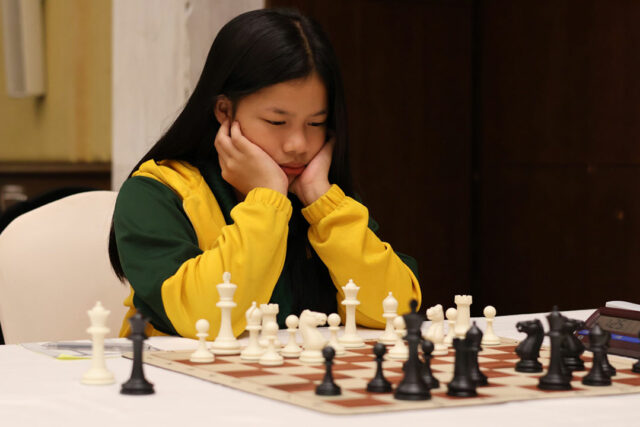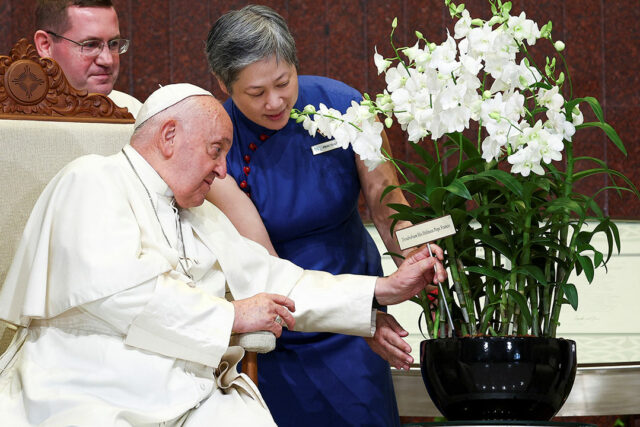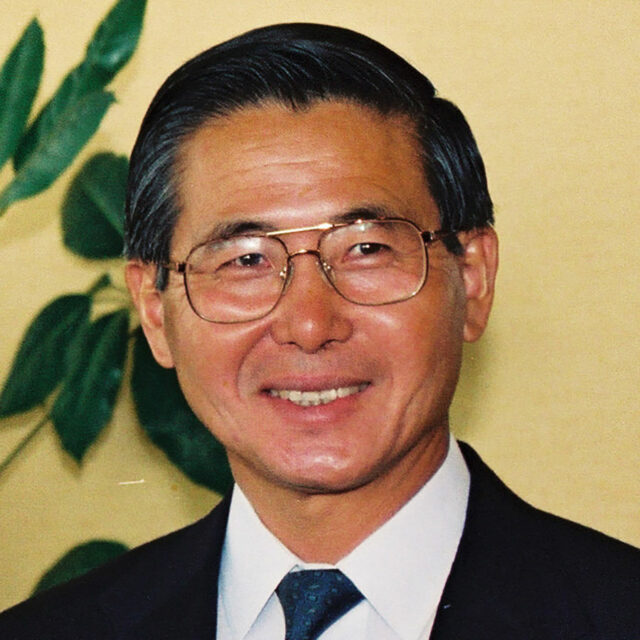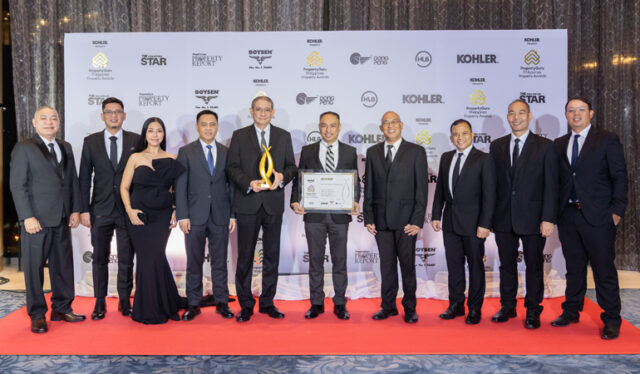Magmatic eruption looms for Kanlaon volcano amid rising activity- PHIVOLCS
The Philippine Institute of Volcanology and Seismology (PHIVOLCS) has issued a warning about the potential for a magmatic eruption of Kanlaon volcano. This warning is due to the increasing volcanic activity observed.
“If this kind of trend continues like it has a flow progression or worsening (volcanic activity), what we might see is a possible magmatic eruption, which could be effusive,” Ma. Antonia V. Bornas, Chief of Volcano Monitoring and Eruption Prediction Division (VMEPD) said in mixed Filipino and English during a phone interview.
In a magmatic effusive eruption, Kanlaon is expected to emit a steady flow of lava.
While this type of eruption is less violent compared to an explosive eruption, it can still present danger, primarily on nearby communities.
In a volcano advisory on Thursday, PHIVOLCS reported that Kanlaon released a peak sulfur dioxide (SO2) emission of 11,556 tons per day on Wednesday.
This level of SO2 emission is the highest recorded since PHIVOLCS began instrumental gas monitoring of the volcano.
Ms. Bornas said, SO2 serves as an indicator to assess the state of magma beneath the volcano.
“So pag tumataas yan that is concerning kasi ayun nga may shallow magma ka na nagpo-produce ng mataas na concentration ng mataas na SO2 [When that increases, it is concerning because it indicates the presence of shallow magma producing high concentrations of SO2],” Ms. Bornas said.
For comparison, Bornas said that Kanlaon’s average background sulfur dioxide emission is only 300 tons per day or less.
“It is really alarming, naamoy na sa communities, araw-araw may narereport tayo ng SO2 fumes [It’s really alarming; the communities can already smell it, and every day we receive reports of SO2 fumes],” Ms. Bornas said.
Sulfur fumes were reported reaching several localities including Brgy. San Miguel, La Carlota City; Brgy. Masulog and Brgy. Pula, Canlaon City; Brgy. Codcod, San Carlos City; Brgy. Inolingan, Moises Padilla.
According to PHIVOLCS, prolonged exposure to volcanic sulfur dioxide can irritate the eyes, nose, and respiratory tract.
Apart from the highest SO2 levels, a total of 79 volcanic-tectonic (VT) earthquakes have also been recorded for the past 24 hours on Wednesday.
Although it is significantly lower than the 337 (VT) earthquakes recorded on Tuesday, PHIVOLCS has reminded the public to remain cautious.
“We shouln’t look at just the short-term increase and decrease… Kung titignan yung size ng mga VT events malalaki pa rin yan [If we will look to the size of these VT events, it is still big in number],” Ms. Bornas said.
Given the threat of magmatic eruptions, PHIVOLCS reminds the public to avoid entering the 4-kilometer radius Permanent Danger Zone (PDZ) to minimize volcanic hazards such as pyroclastic density currents, ballistic projectiles, rockfalls, and others.
It is also recommended to avoid outdoor activities and wear a mask, preferably an N95 facemask, to prevent irritation. – Edg Adrian A. Eva










